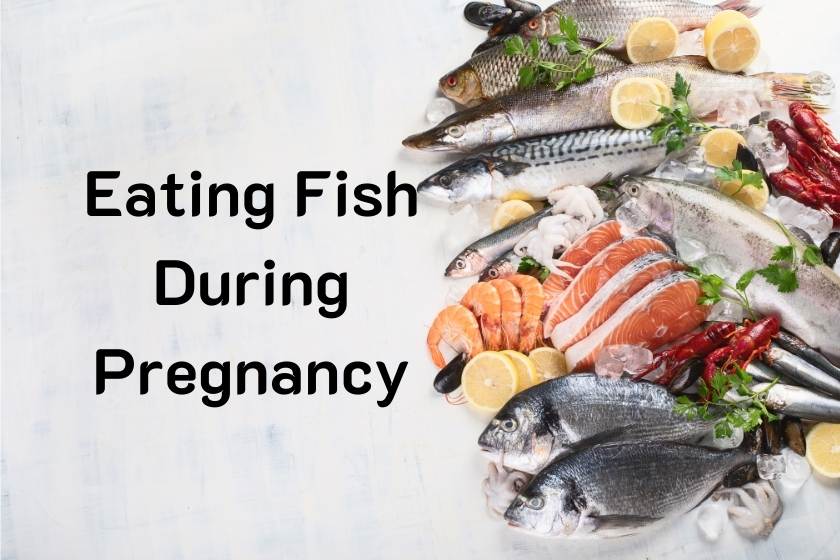Pregnancy is a time when a healthy diet is critical for both the expectant mother and the developing baby. During this period, fish consumption is particularly important because it is a rich source of omega-3 fatty acids, protein, vitamin D and other important nutrients. However, it is necessary to be conscious about the choice of fish and the amount of consumption. In this article, we will examine the benefits of fish consumption during pregnancy, which fish should be preferred or avoided, and recommendations for safe consumption.
Benefits of Fish Consumption
Fish is a rich source of omega-3 fatty acids. These fatty acids, especially DHA and EPA, are vital for the baby’s brain and eye development. In addition, fish provides important nutrients such as protein, B vitamins, potassium and selenium. These nutrients support general health during pregnancy and contribute to the healthy development of the baby.
Fish to be preferred during pregnancy
- Salmon It is known for its high content of omega-3 fatty acids and has low mercury levels.
- Mackerel: Rich in omega-3s, but large mackerel species can be high in heavy metals.
- Sardines: Low in mercury due to their small size and rich in omega-3, protein and calcium.
- Trout Farm-raised trout is a safe and healthy option.
- Anchovies: It has low mercury levels and is rich in omega-3.
Fish to Avoid During Pregnancy
Some fish should not be consumed during pregnancy due to their high mercury content. These fish include swordfish, king mackerel and sea bass. Mercury can damage the developing baby’s nervous system. Therefore, it is important to avoid such fish during pregnancy.
Safe Fish Consumption Recommendations
- Consuming 2-3 portions (340-450 grams) of low-mercury fish per week is ideal for the health of both mother and baby.
- When buying fish, prefer fresh, well-preserved products and buy from reliable sources.
- Preserve the nutritional value of fish by preparing it in a variety of cooking methods, for example by steaming, grilling or baking.
Fish consumption during pregnancy offers many benefits for the health of mother and baby, but factors such as mercury content and consumption amount should be considered. You can enrich your diet during pregnancy by choosing fish rich in omega-3 fatty acids, protein and other nutrients and low in mercury. However, it is important to talk to your doctor before switching to any new diet or diet. For a healthy pregnancy, organising your nutrition plan with a health professional will ensure the healthiest results for you and your baby.
A conscious and balanced approach to fish consumption can positively affect your pregnancy and the health of your baby. The positive effects of omega-3 fatty acids on development, together with other nutrients, make fish an important part of a balanced diet during pregnancy. However, it is essential to pay attention to the types and quantities of fish consumed to minimise the risks of potentially harmful substances such as mercury.
Remember, a healthy pregnancy starts with making informed dietary choices. Fish can be an important part of your diet, but always with safety and health guidelines in mind. During this period, it is best for you and your family to follo

